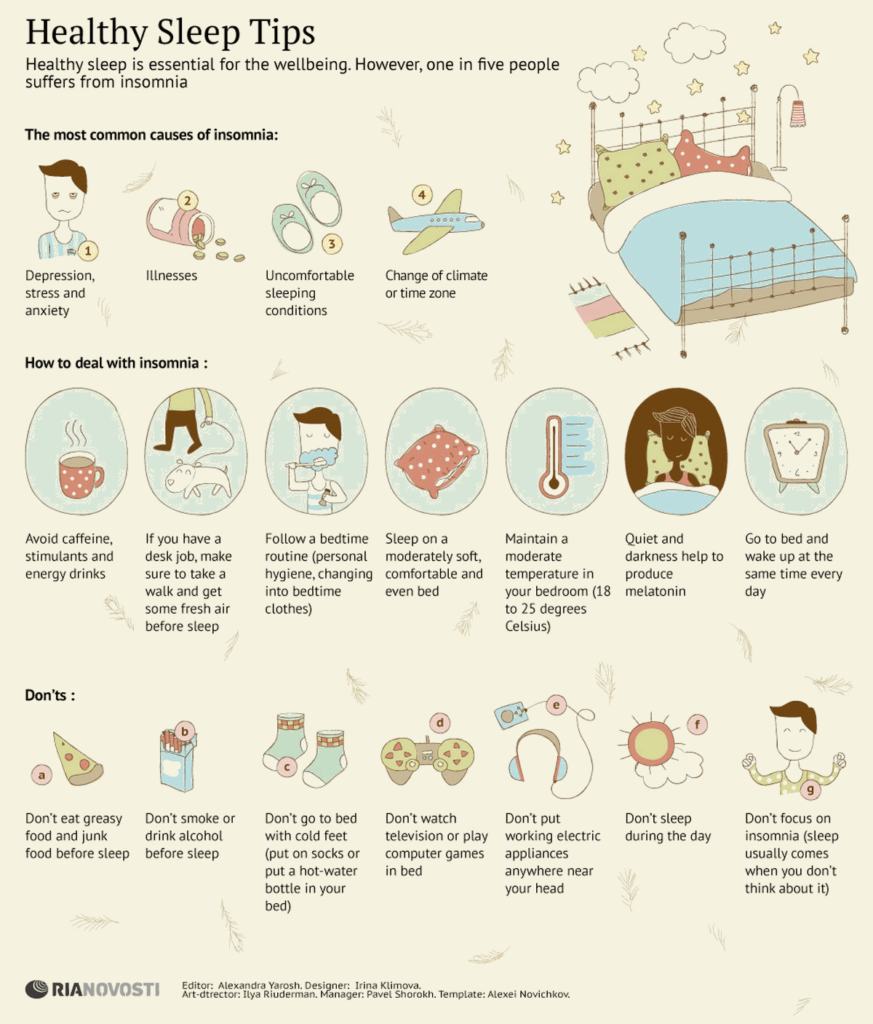According to a randomized, controlled study, weighted blankets are an effective and safe treatment option for insomnia. Researchers discovered that individuals suffering from insomnia who also suffered from mental illnesses experienced reduced symptoms, less daytime sleepiness and improved rest after sleeping with one.
Study results demonstrated that those using weighted blankets for four weeks reported significant reductions in severity of insomnia, increased daytime activity levels, improved sleep maintenance and fewer depression fatigue and anxiety symptoms than individuals not using a weighted blanket; moreover these individuals were nearly 26 times more likely to achieve 50% or greater reductions in severity compared to their counterparts who didn’t use one, and 20 times more likely in attaining full remission than their counterparts over an 18 month follow up period.
Chain blankets may play an effective role in sleep promotion and relaxation due to their application of pressure on different body points, creating the sensation of touch similar to massage and acupressure. There’s evidence suggesting deep pressure stimulation helps increase parasympathetic activity of the autonomic nervous system while simultaneously decreasing sympathetic activity – possibly contributing to their calming effect.
Researchers recruited 120 individuals with an average age of 40 who met both criteria – clinical insomnia as well as another mental illness such as bipolar disorder, major depressive disorder, generalized anxiety disorder or attention deficit hyperactivity disorder.
These individuals were randomly assigned either a weighted metal chain blanket or non-weighted blanket to use at home for four weeks. Participants assigned to the weighted blanket group initially tried out an 8-kilogram chain blanket at the clinic, which proved too heavy for 10 of them; then switched out with a 6-kilogram version; while those assigned the non-weighted group used a 1.5 kg plastic chain blanket; changes in severity of insomnia were assessed using the Insomnia Severity Index while sleep and daytime levels of activity were estimated using wrist actigraphy.
Nearly 60% of those using weighted blankets reported a significant response with at least a 50% decrease in Insomnia Severity Index scores from start to end of four week study, as opposed to 5.4% who used non-weighted blankets; of those using a weighted blanket 42.2% experienced complete remission versus 3.6% who didn’t.
After the initial 4 week test period of 12 weeks, all individuals could choose to use a weighted blanket for another year following. Four different weighted blankets were tested – 2 chain blankets of 6 kgs and 8 kgs each and 2 ball blankets with weights between 6.5 kgs and 7kgs – they could select their favorite out of four choices available (usually heavier ones), though many preferred lighter blankets. A similar impact was experienced by those switching from non-weighted to weighted use; between 92% of individuals responding after 12 months remission vs 92% response in those using weighted blankets initially using weighted blankets when started initially using weighted blankets initially; as many as 92% responded after 12 months; 78% reported response while using weighted blankets initially.




